Generally, certain nonimmigrants present in the United States admitted for a specified period of time, or their petitioners, may request an extension of their admission period in order to continue to engage in those activities permitted under the nonimmigrant classification in which they were admitted.1 Also, certain nonimmigrants present in the United States, or their petitioners, may seek to change their status to another nonimmigrant classification if they meet certain requirements.
In general, USCIS does not approve an extension of stay or change of status for a person who failed to maintain the previously accorded status or where such status expired before the filing date of the application or petition. These requests must be filed while a nonimmigrant is still in status,
If certain conditions are met, however, USCIS, in its discretion, may excuse the failure to file before the period of authorized status expired. This guidance, contained in Volume 2 of the Policy Manual, is effective immediately and applies prospectively to applications or petitions filed on or after that date.
The guidance contained in the Policy Manual is controlling and supersedes any related prior guidance on the topic.
Policy Highlights
• Provides that USCIS, in its discretion and under certain conditions, may excuse the failure to timely file extensions of stay and change of status requests if the delay was due to extraordinary circumstances beyond the control of the person.
• Clarifies that extraordinary circumstances may include but are not limited to: where the delay was due to a slowdown or stoppage of work involving a strike, lockout, or other labor dispute;
or where the primary reason for the late filing is due to a lapse in government funding supporting those adjudications.
Summary of Changes
Affected Section: Volume 2 > Part A > Chapter 4 > Section A, Extension of Stay or Change of Status • Adds a new italicized subsection “Requirements to Timely File a Request to Extend Stay or Change Status.” USCIS may also make other minor technical, stylistic, and conforming changes consistent with this update. Citation Volume 2: Nonimmigrants, Part A, Nonimmigrant Policies and Procedures, Chapter 4, Extension of Stay, Change of Status, and Extension of Petition Validity [2 USCIS-PM A.4].
Requirements to Timely File a Request to Extend Stay or Change Status
In general, USCIS does not approve an extension of stay or change of status for a person who failed to maintain the previously accorded status or where such status expired before the filing date of the application or petition.[5] USCIS, in its discretion, may excuse the failure to file before the period of authorized status expired where the requester demonstrates within the extension of stay or change of status request that:
- The delay was due to extraordinary circumstances beyond the person’s control;
- The length of the delay was commensurate with the circumstances;
- The person has not otherwise violated their nonimmigrant status;
- The person remains a bona fide nonimmigrant; and
- The person is not the subject of removal proceedings and, in the case of extensions of stay, is also not the subject of deportation proceedings.[6]
- Where the person remained in the United States after the expiration of the period of admission due to a slowdown or stoppage of work involving a strike, lockout, or other labor dispute; or
- Where the primary reason for the late filing is the inability to obtain a certified labor condition application or temporary labor certification due to a lapse in government funding supporting those adjudications.





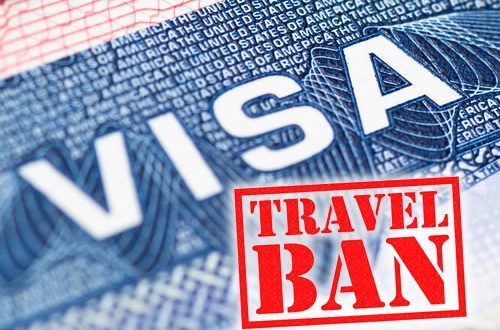

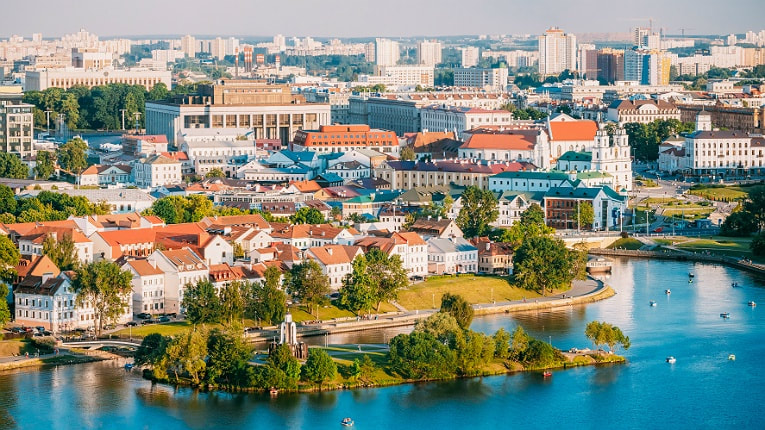
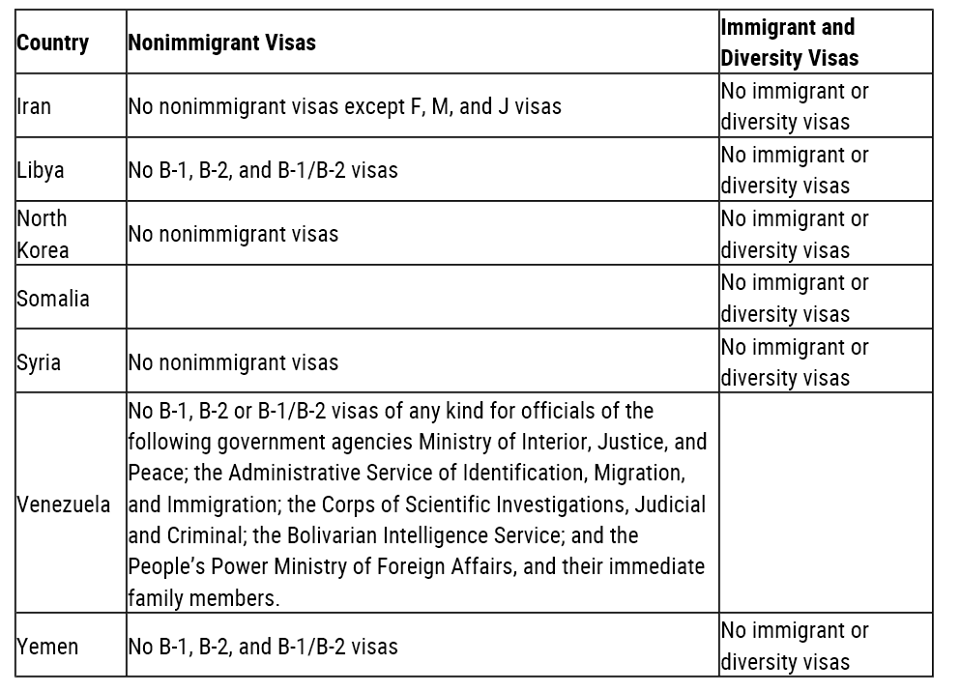
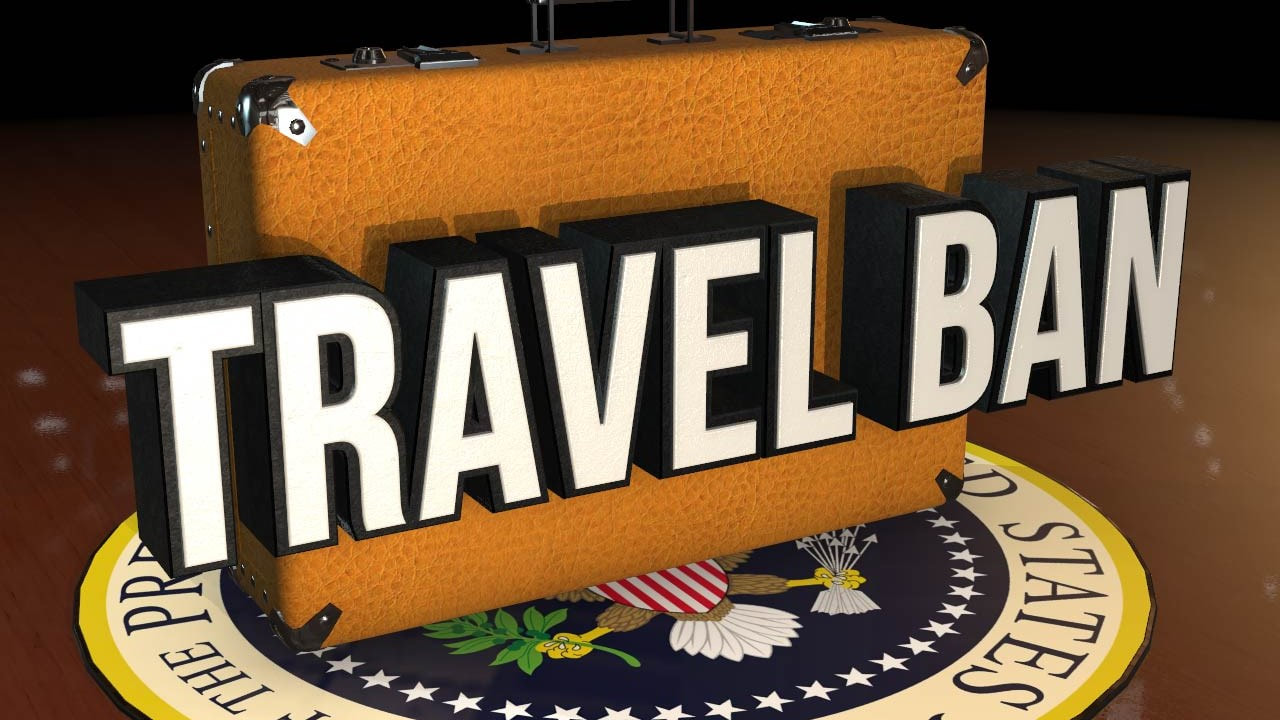
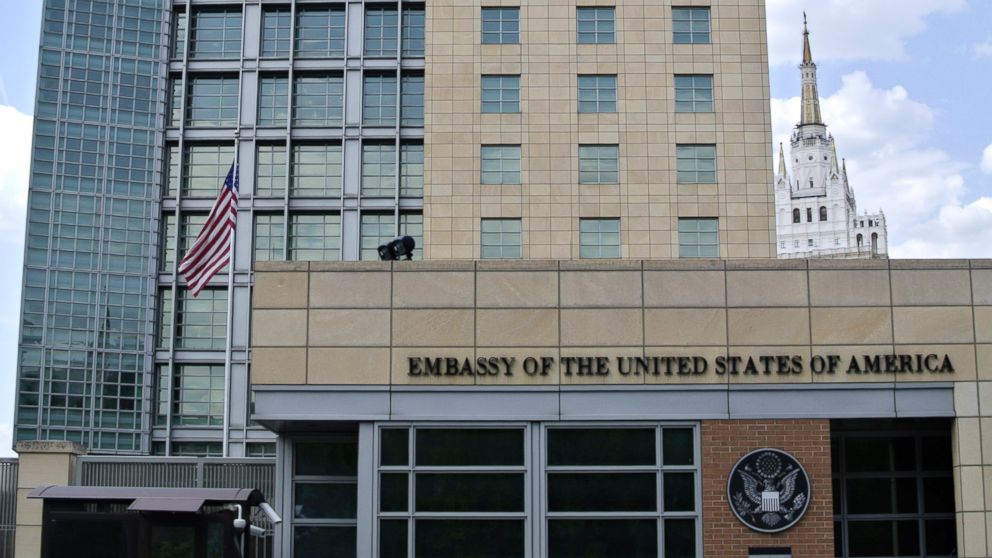

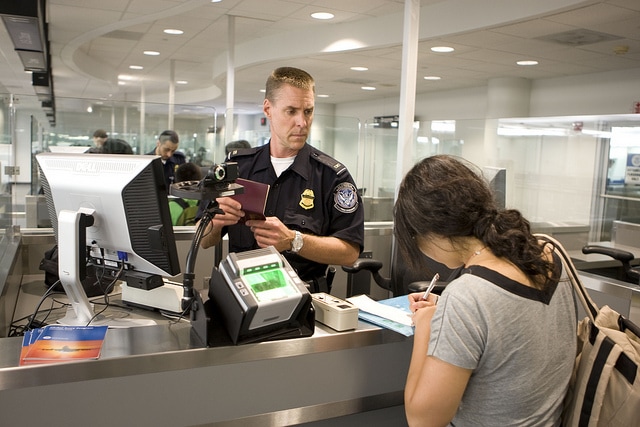

 RSS Feed
RSS Feed